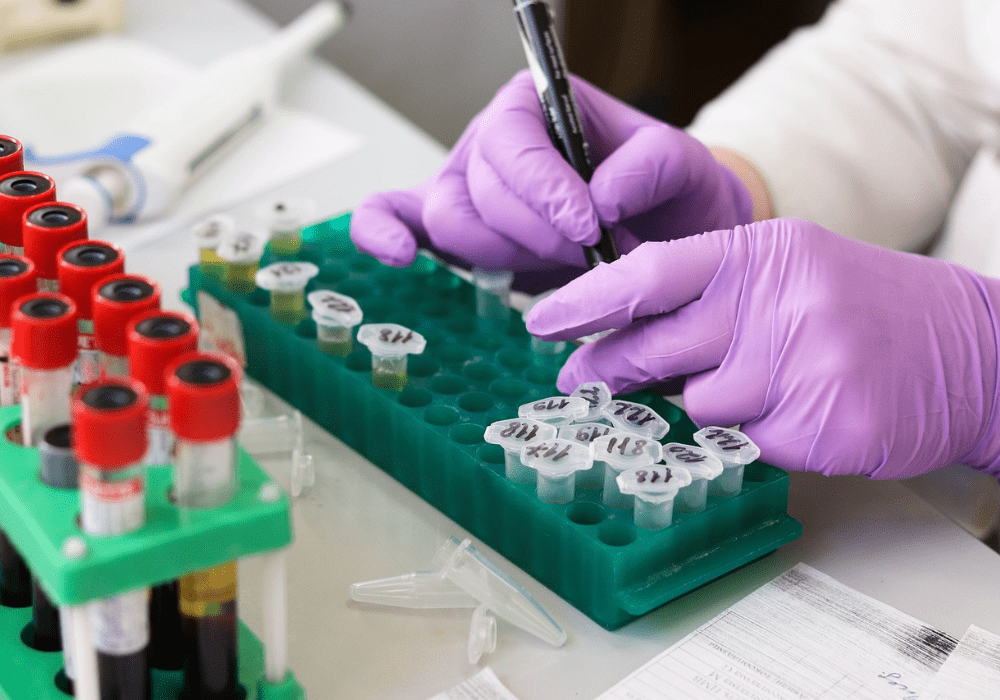
AMR is a leading cause in global fatalities from infectious diseases such as malaria and HIV. An international team of researchers studied what is known as “the most comprehensive assessment yet” for antimicrobial resistance (AMR) in humans.
Published in early 2022, the researchers used data from 204 countries. They found that an estimated 4.95 million deaths in 2019 were associated with AMR, with approximately 1.27 million of those deaths being drug-resistant affiliated infections. Researchers warn that drug-resistant pathogens have the potential to cause an estimated 10 million deaths a year by 2050 if AMR is not taken as a serious threat to public health.
The World Health Organization (WHO) launched a global campaign known as World AMR Awareness Week. The campaign aims to raise public awareness on the topic, and to promote good health practices to reduce the incidence of drug-resistant pathogens. The WHO promotes a multi-sectoral approach to reducing AMR cases, targeting people, plants, and animals connected through their shared surroundings.
171 countries have since developed multi sectoral AMR national action plans and coordination committees. Data from these countries has shown that progress requires patience, since only 24% of the countries reported effective application of their AMR national plans. The WHO has also developed the WHO AMR National action plan implementation handbook to aid countries in this process.
By Maya Yorks
